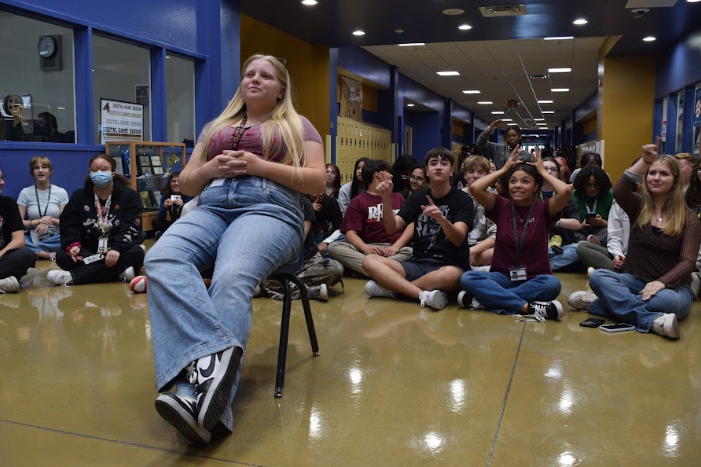To read Eriyale’s point of view, click here.
From insider trading, to wealthy people defrauding colleges, cheating is prominent in American culture. Unfortunately, the abuse of rules for personal benefit or self-enrichment isn’t just a problem with wealthy elites and celebrities–it’s a problem in our own hallways.
To start, according to The Josephson Institute Center for Youth Ethics, 64% of American students admitted in 2017 that they’ve cheated on a test before and only 15% regretted it. To make matters worse, cheaters “earn” significantly higher grades than non-cheaters, and the vast majority of them don’t get caught.
These numbers corrode our educational system and undermine equality. Students who slack off have the ability to outperform people who actually put in the work to do well. A person who doesn’t study at all and copies off of their friend can get a 97, while the hard worker earns an 85.
Even students that have busy schedules and don’t have the time to study don’t have a valid excuse to cheat. If a person is incapable of handling their responsibilities and their schoolwork, then it’s their responsibility to ask for help or organize their schedule better. A person can’t just choose to not follow the rules when it is inconvenient to them.
On that matter, cheating isn’t just “another tool” students should use to be successful. It undermines fairness and decimates the entire purpose of schooling and grades. Imagine if sports were played with the expectation that a majority of players were on steroids, or a majority of people in video game competitions used hacks. It would destroy the integrity of the game, which is why there are major consequences for people that cheat. Similarly, cheating in schools violates the sacred promise that people succeed or fail on their own hard work. People who cheat can reap the benefits of high grades without abiding by the rules that ensure fairness.
7u7
The problem of cheating often stems from a sense of entitlement among the cheaters. A study last year found that a sense of academic entitlement was a predictor for cheating among students. When students feel that they’re owed high grades and success without having to work for it, they’re more willing to cut corners to get what they want. Cheating in school doesn’t just disadvantage honest students, it reinforces this sense of entitlement among students, and encourages them to continue violating rules.
Studies show that without a consequence for bad behavior, bad behavior continues. When you allow a student to steal from a cookie jar without punishment, you send the message that stealing is ok. Similarly, when a student cheats without repercussions, they receive the message that cheating is ok.
Although a common justification among students that cheat is that letter grades shouldn’t determine their worth, the reality is that any connection that a person has with their own self-worth and their grades is an individual problem. A person who feels their self-worth being undermined by a “B” likely has deeper psychological issues that need addressing, and receiving an unearned advantage over their peers isn’t the solution.
In fact, cheating is only going to perpetuate the psychological problems that those people face. If cheating increases their grades and scores, then more pressure will be placed on them to perform well once they receive those high grades. This pressure can distort their sense of reality and undermine their self-worth when they’re incapable of matching up to it. This means that issues like depression and self-hatred can worsen, which means that cheaters are ultimately cheating themselves.
With that being said, there are reasons that people cheat that, while not justifying the action, do incur sympathy. People who cheat because of pressure from parents or anxiety certainly have issues that need solving, but the solution isn’t to break the rules that maintain fairness within a classroom. The solution is to find healthy coping mechanisms to deal with the issues in one’s life.
While cheating on assignments isn’t a problem that is likely to go away anytime soon, we should all make more of an effort to combat. It undermines fairness and reinforces the sense that rule-following is conditional. Here’s hoping that we give cheating a failing grade sooner rather than later.

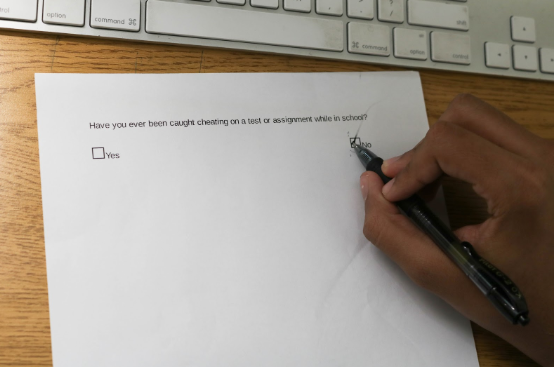


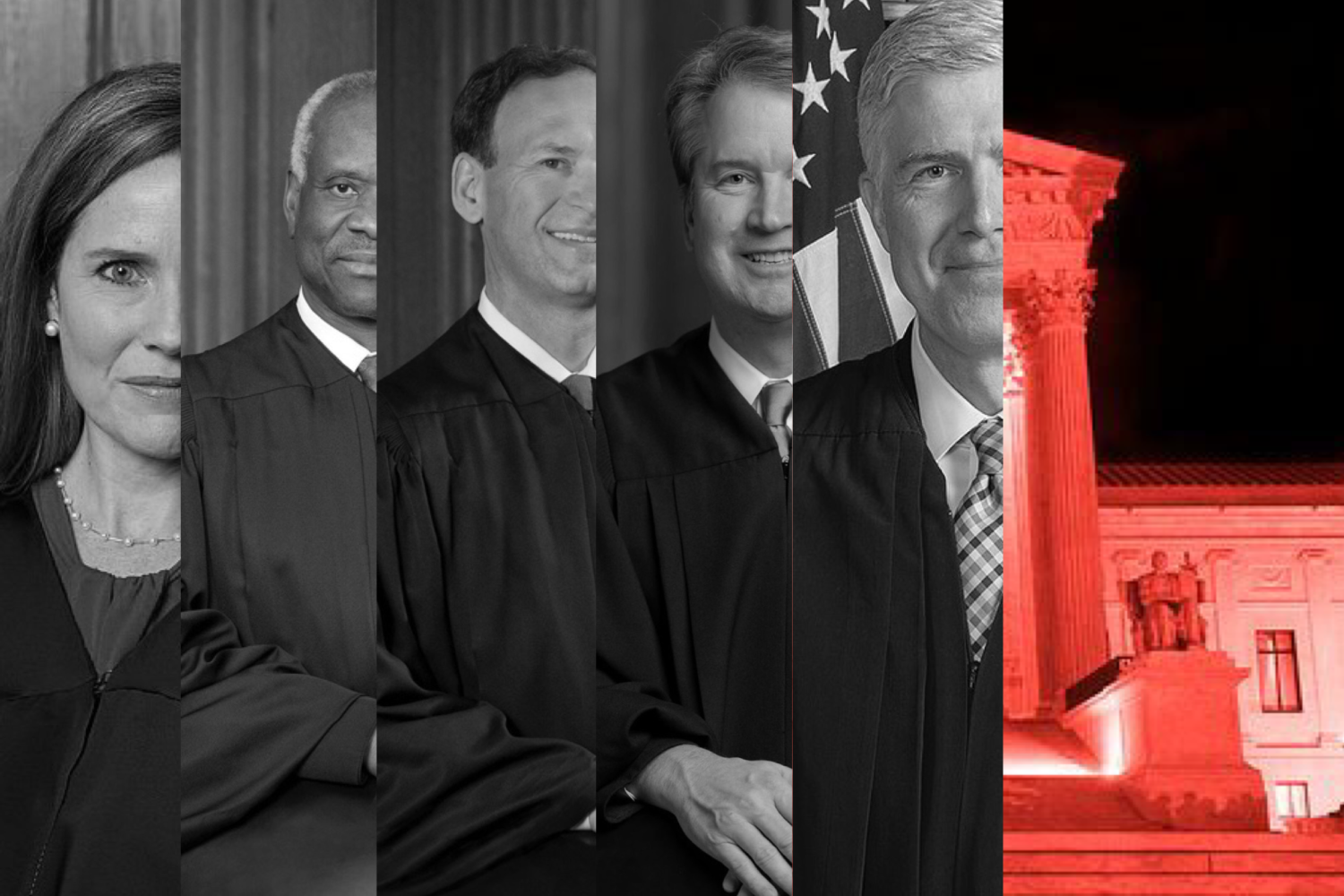
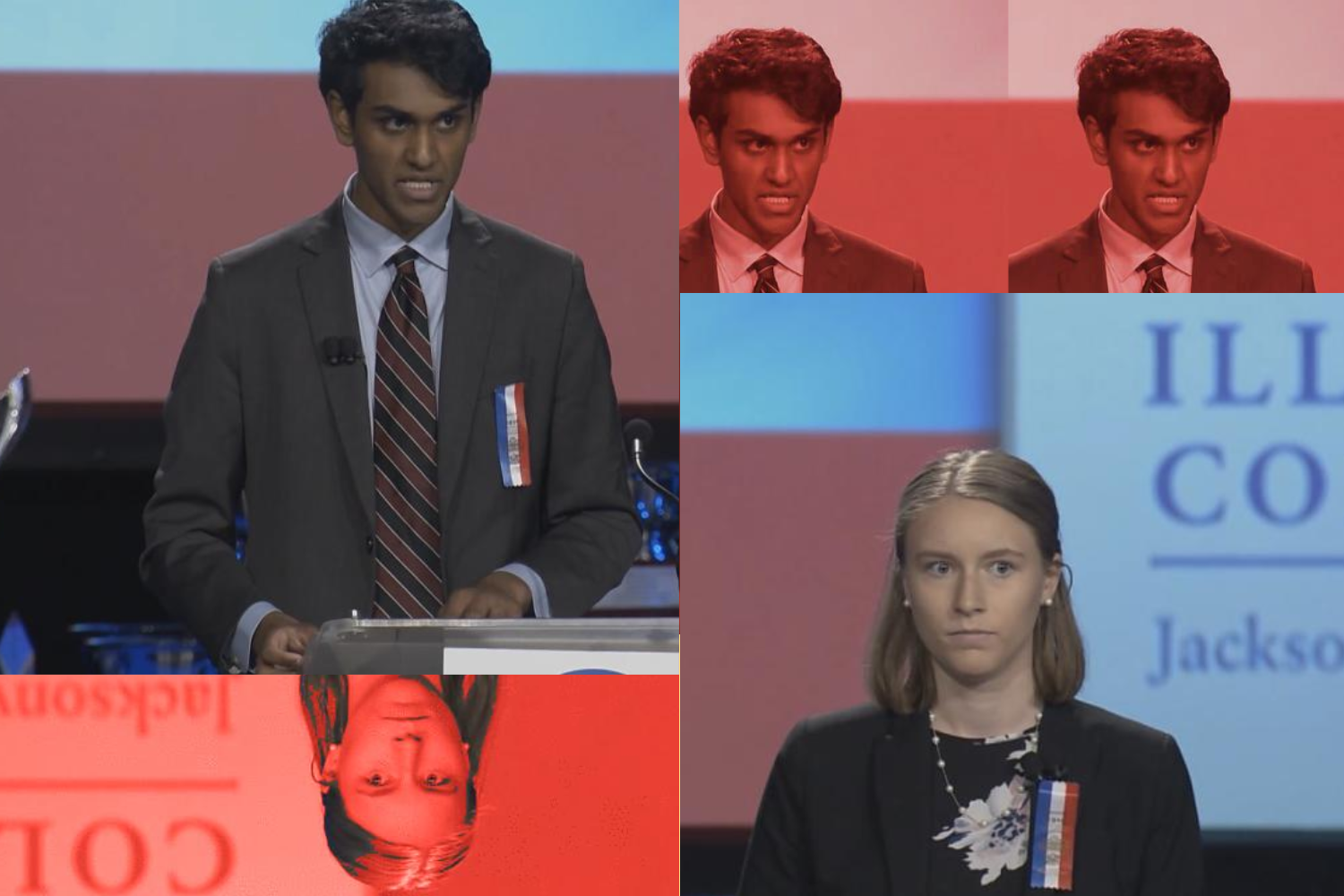

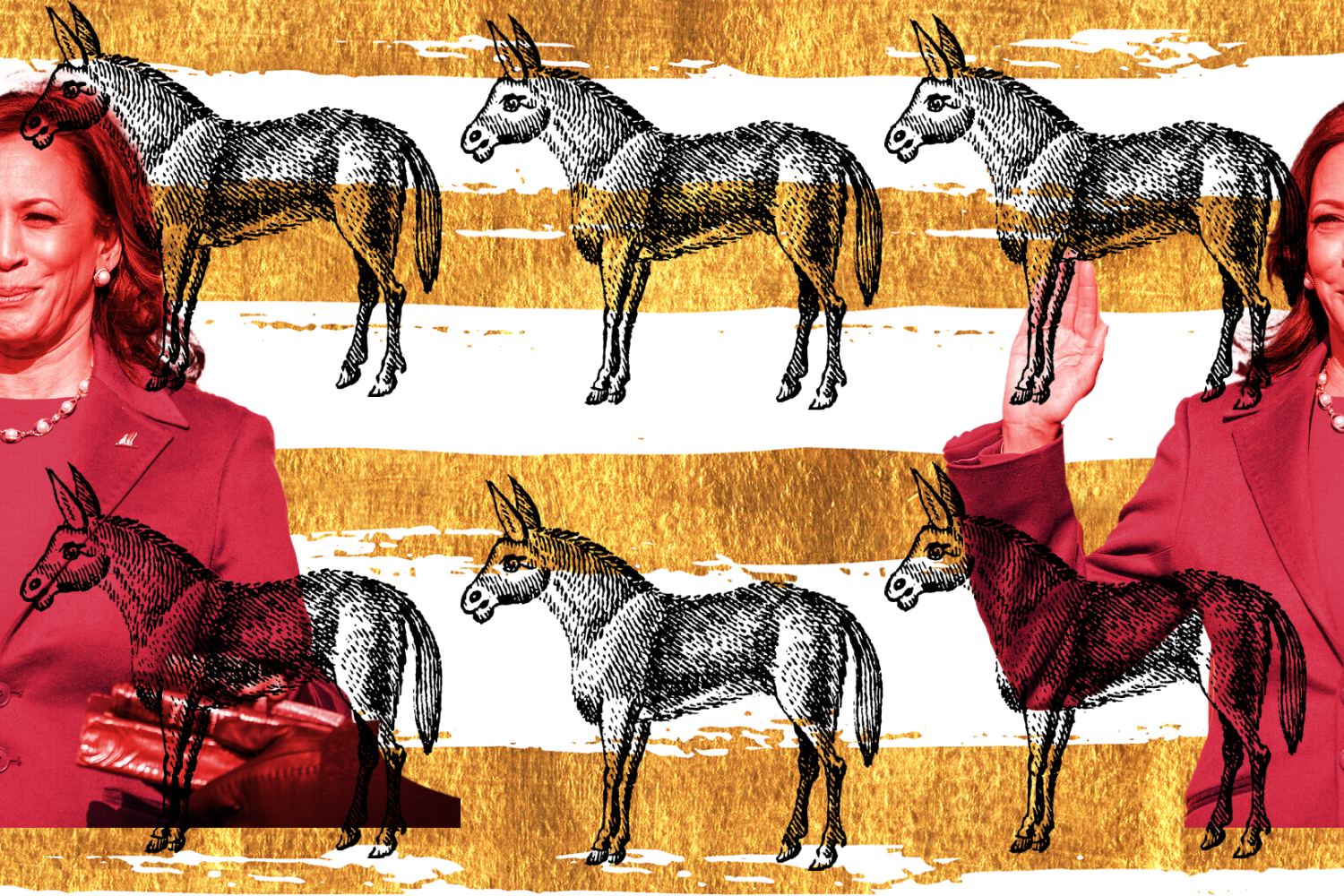






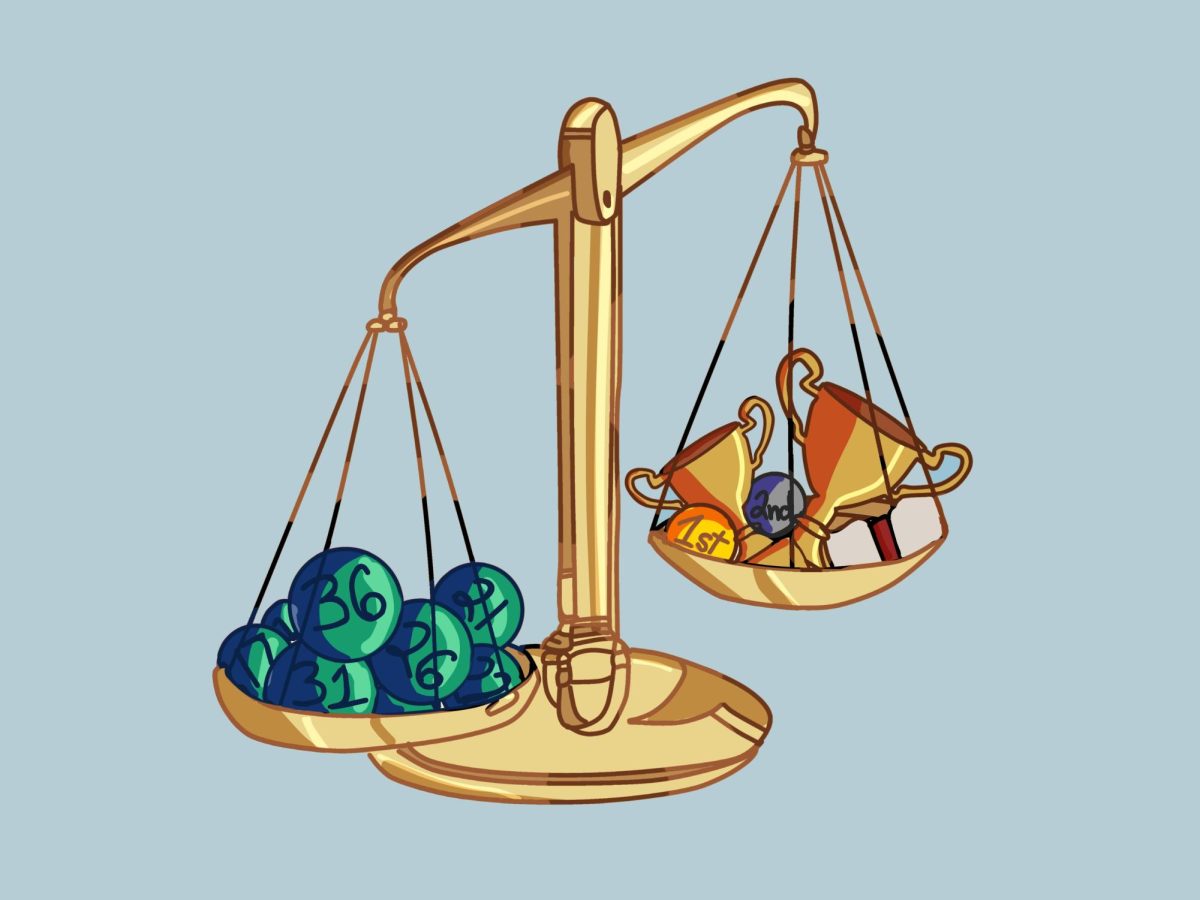

![Weighing her options, senior Allyana Abao decides between going on a practice drive or calling an Uber. Though unlicensed, Abao has considered driving to be a significant milestone of teen independence despite alternatives that provide much easier solutions.
“You're able to be independent and not rely on others,” Abao said. “You're able to get a job, get things that you need, go places you need to go. I have so many places that I want to go to and I ask [my family] for so much. I want to be independent to where they know that I can do things on my own, so they know that they don't have to be there for me.”](https://southwestshadow.com/wp-content/uploads/2025/10/IMG_2922-1200x900.jpg)
![Looking at the board, former BSU secretary Christina Altaye begins to prepare for BSU’s second year of Club Feud. This year, “Are You Smarter Than a Ninth Grader?” will be replacing this event. “I think it’s a fun change [to Club Feud],” BSU Activities Director Hellen Beyene said. “[I think] it’s always fun to do something new and different.”](https://southwestshadow.com/wp-content/uploads/2025/10/Screenshot-2025-09-29-11.06.43.png)

